Unlocking the World of Non-Fungible Tokens
Imagine a world where complete ownership of digital assets like art, music, or virtual land is in your hands. Welcome to the fascinating realm of non fungible tokens, an innovative digital asset revolution that offers something truly unique. Unlike traditional cryptocurrencies, which are identical and interchangeable, NFTs are one-of-a-kind assets stored on a blockchain, ensuring that they cannot be replicated. You can explore various nft platforms, each bustling with creativity and originality, offering you the opportunity to buy, sell, and trade these unique tokens. An NFT marketplace serves as your gateway into this vibrant virtual ecosystem, providing you with unparalleled access to digital collectibles that are gaining popularity and changing the way we perceive ownership. As you delve deeper, you will see that the magic of NFTs lies not just in the tangible ownership they offer, but in how they allow you to connect and interact within a global community of enthusiasts and creators.
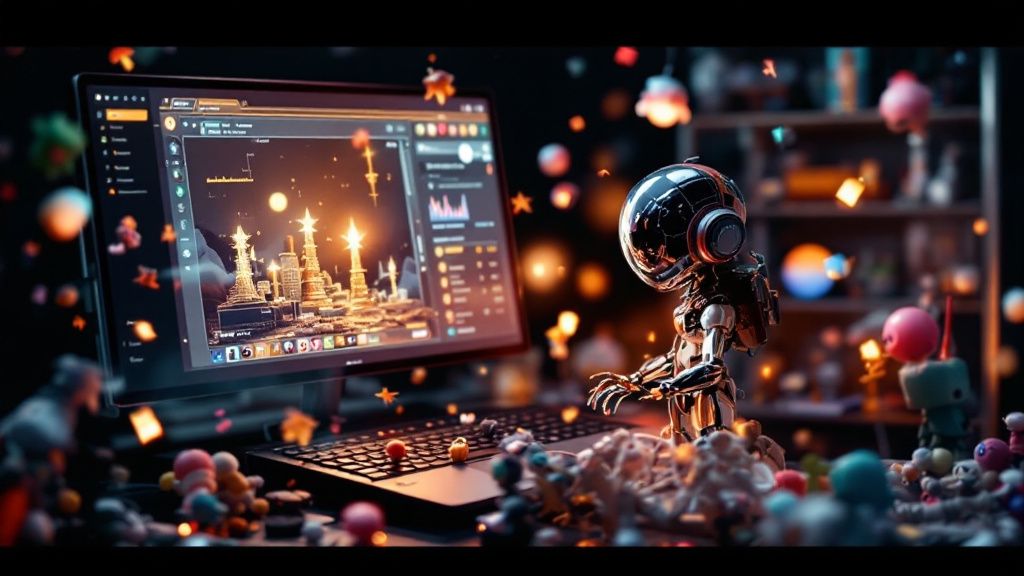
The Evolution of Digital Collectibles
The digital collectibles landscape has transformed significantly, propelled by the innovative wave of non fungible tokens. Traditional collectibles faced obstacles like counterfeiting and limited access, posing a problem for authenticity and ownership. NFTs address these issues by establishing a transparent, tamper-proof record on the blockchain, providing you with assurance of genuine ownership. Not only do non fungible tokens eliminate forgery concerns, but they also grant you the ability to easily trade and showcase your digital assets on nft platforms globally, transcending geographical limitations and providing access to a broader market.
A significant challenge for digital collectibles has been their accounting for rarity and value. Previously, digital items could be copied infinitely, diluting their uniqueness. This dilemma is solved by NFTs, which are encoded with distinct metadata, ensuring that each token is truly one-of-a-kind. On an nft marketplace, this uniqueness can be quantified and traded, allowing you to experience the thrill of collecting and owning digital masterpieces that hold real value. This solution empowers creators to monetize their work fairly and collectors to invest in exclusive digital content with confidence, fostering an environment where creativity and technology flourish together.
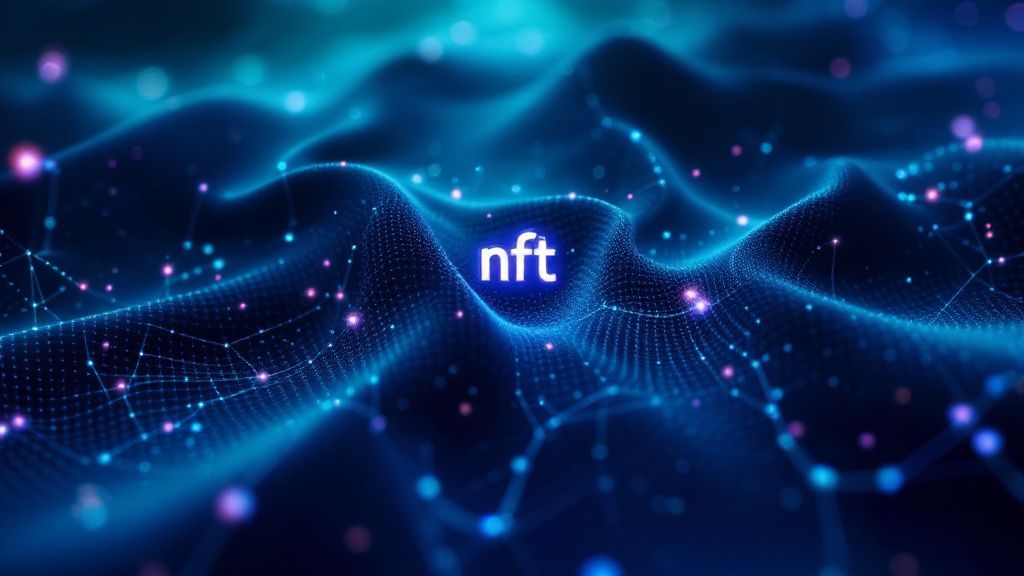
Understanding What Makes NFTs Unique
At the heart of their uniqueness, non fungible tokens are defined by their individuality and verified ownership through blockchain technology. Unlike traditional assets, which can be cloned or reproduced, each NFT is embedded with a distinctive signature that assures you of its authenticity and provenance. This attribute elevates NFTs beyond ordinary digital commodities, giving them intrinsic value on nft platforms where collectors can celebrate ownership of genuinely scarce and irreplaceable items.
Tracing its evolution from the emergence of digital collectibles in the early 2000s, the concept has matured into today's vibrant NFT ecosystem. During its infancy, the digital market faced challenges of copyright and digital replication, hindering true digital ownership. These challenges have been overcome through the innovation of NFTs, which incorporate smart contracts verifying each transaction's legitimacy. This evolution allows you to engage with an nft marketplace confidently, appreciating the fair exchange and exclusive beauty of each one-of-a-kind digital asset.
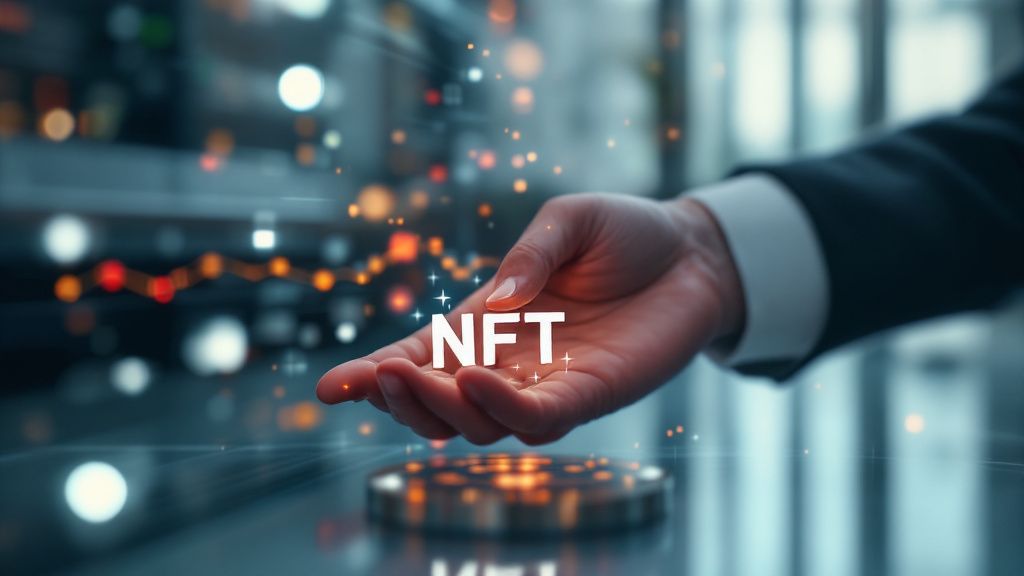
The NFT Market and Its Growth
The growth of the NFT market has been nothing short of revolutionary, fueled by a burgeoning interest in digital ownership and investment. As you witness this rapid expansion, you'll notice how NFTs have cemented their place across various industries, from art and music to gaming and real estate, drawing attention on numerous nft platforms. This widespread adoption underscores the market's capacity to innovate and attract global participation.
To truly understand the NFT market, you need to shift your mindset from traditional physical collectibles to embracing digital ownership. This new perspective allows you to recognize NFTs as valuable digital assets, comparable to tangible items. In this new world, the focus shifts towards understanding the digital scarcity and originality of each piece available on an nft marketplace, making digital collections as exciting as their physical counterparts.
The accessibility of NFTs has democratized the collecting experience, allowing you to enter the market with the simple click of a button. This easy entry expands opportunities for both creators and investors, fostering a dynamic and inclusive ecosystem. As buyers and sellers convene across nft platforms, the market continuously evolves, welcoming innovation and diverse contributions.
The future of the NFT market is bright, with its growth trajectory pointing towards even more expansive opportunities. As technology advances and more people begin to appreciate the value offered by digital assets, the market will continue to flourish. Staying informed and adaptable will be key in navigating this ever-changing landscape, where creativity and technology intersect.
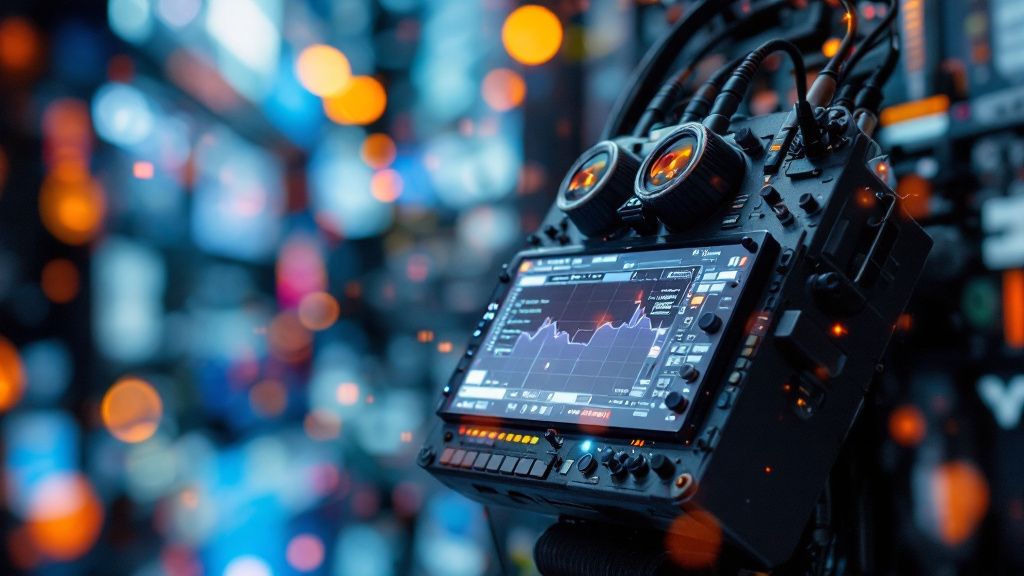
Applications of NFTs Beyond Art
The versatility of non fungible tokens extends far beyond the realm of art, offering innovative solutions in a variety of sectors. In the world of gaming, NFTs are transforming player interaction and experiences. You can now own and trade in-game assets with real-world value, enhancing the immersive nature of virtual adventures. NFT platforms play a critical role in facilitating secure transactions for these virtual assets, bridging the gap between the digital and tangible worlds.
In the music industry, NFTs empower artists by allowing them to monetize their work directly with fans, bypassing traditional intermediaries. This technology can grant you exclusive access to albums, merchandise, or even concert tickets. Such applications of NFTs democratize the way music is shared and valued, now available directly on an nft marketplace, ensuring artists maintain control over their creative output.
In the next few years, NFTs are likely to revolutionize how you perceive ownership in the real estate sector. Imagine holding a digital certificate for property, securely stored on the blockchain. This bold prediction points to a future where transactions become more efficient and transparent, reducing fraud and the need for intermediaries. As these developments unfold, you'll witness an expansion in the way digital assets shape diverse industries.

Challenges and Criticisms Facing NFTs
The burgeoning world of non fungible tokens isn't without its challenges and criticisms, primarily surrounding concerns about environmental impact. The energy-intensive processes used to mint NFTs have stirred a discourse on sustainability within the crypto community. As a participant in this space, you can see the drive for solutions that mitigate the carbon footprint of blockchain technologies, fostering a shift towards more eco-friendly nft platforms.
Security is another major concern, as the potential for fraud and hacking casts a shadow over nft marketplace transactions. To ensure your transactions are safe, it’s crucial to engage with reputable platforms that prioritize robust security measures. This focus on protecting digital investments highlights the need for ongoing advancements in cybersecurity technology to secure your assets and enhance user trust.
Looking at NFT adoption through the lens of societal impact, we can see that concerns extend to issues of access and inequality. While NFTs democratize ownership in some respects, barriers such as high costs or technological literacy can limit participation. This unique perspective brings attention to the need for inclusive approaches that enhance accessibility and education, ensuring that the benefits of NFTs can be realized by a wider audience.

Legal and Financial Aspects of NFTs
The intersection of legal and financial aspects in the non fungible token space is complex, often raising questions about intellectual property rights. When you purchase an NFT, ownership of the digital asset doesn’t automatically grant you rights to its underlying copyright. This crucial distinction shapes the legal landscape, requiring clarity to prevent potential disputes, especially as nft platforms facilitate trades globally.
While many believe that NFTs solely pose risks in speculative financial markets, there’s a strong case for their secure investment capabilities with proper diligence. Through comprehensive understanding and careful consideration before trading on any nft marketplace, you can navigate potential benefits while minimizing risks. This highlights the importance of informed decision-making in ensuring financial stability within the NFT market.
Regulatory scrutiny is intensifying, as governments worldwide grapple with how to categorize and tax digital assets. The uncertainty surrounding NFT regulation presents challenges for both creators and investors. As you explore opportunities in this innovative sector, staying abreast of evolving legal frameworks is essential for aligning with compliance requirements, thus safeguarding your investments against unforeseen legal ramifications.

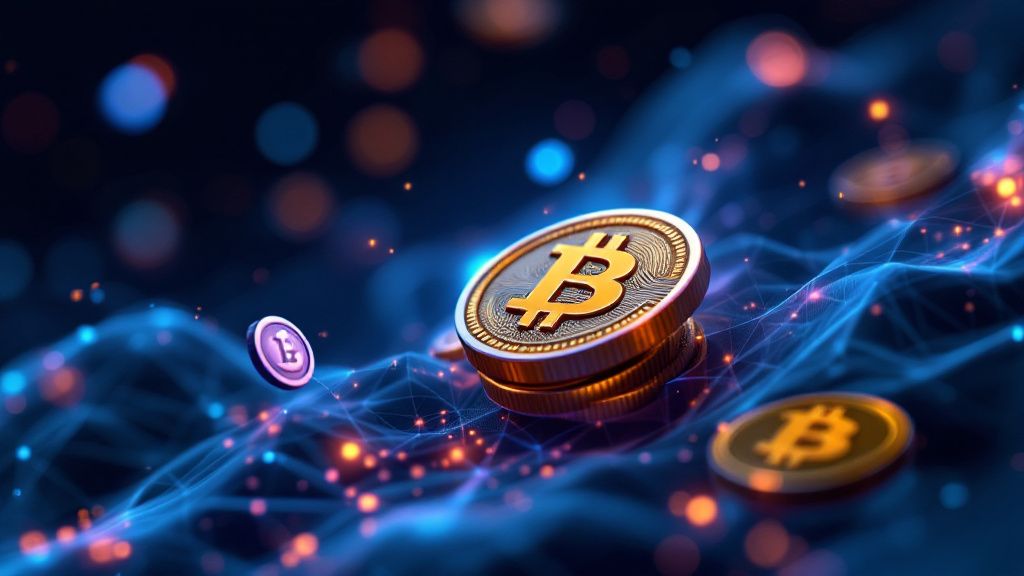
.jpg)

.jpg)
.webp)
.webp)
.webp)


.svg)









